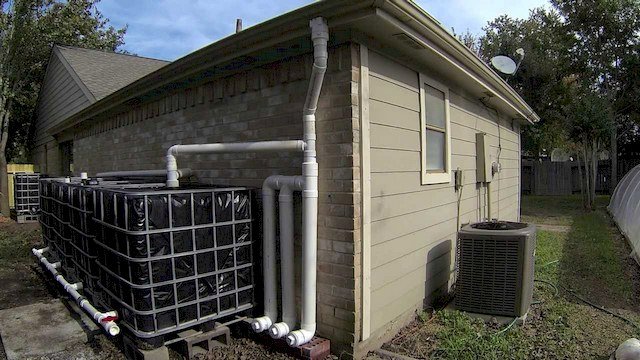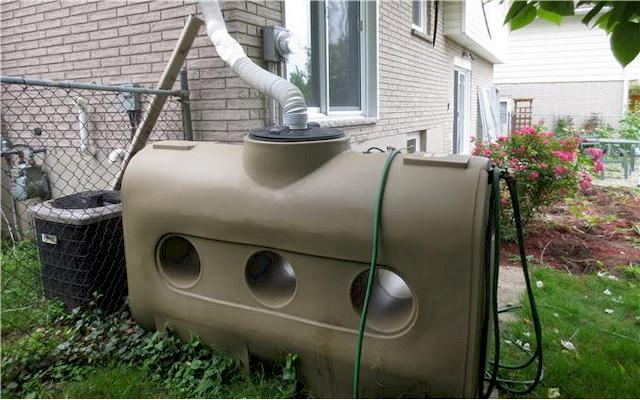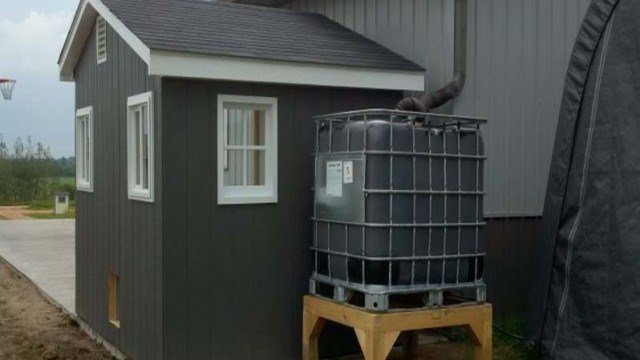Table of Contents Show
Rainwater Harvesting: Environmental Benefits and Pitfalls — What draws so many people to the practice of rainwater harvesting is the fact that it is a good way to save money on water. By setting up your own collection system at home, you’ll no longer be 100% dependent on a water provider.
Rainwater Harvesting: Environmental Benefits and Pitfalls
But that’s not the only good reason to engage in rainwater collection and storage. As already mentioned in the title, rainwater harvesting is also helpful to the environment.

Reduces Your Draw on Highly-stressed Systems
“Systems” refers to groundwater systems and reservoirs. The water that you flows out of the tap has its origins in these places and yes, you are one of many people using it. With population increase and an increase in the use of water, those sources will eventually reach critical levels—stressed. If unable to replenish, their contents will not be enough to supply entire communities save for a few people, and suppliers will need to seek out new sources. And the cycle repeats itself.
So by using the rainwater that falls on your roof to do a few chores that require water, you reduce your draw from these systems. By reducing your draw from these systems, you allow them to replenish.
Rainwater Harvesting Helps to Reduce Pollution and Erosion in Your Area
The drops of rain that fall into the Rain Water Tanks set up in your home are prevented from passing dirty surfaces and collecting contaminants. And the more people in your community who have their own rainwater collection systems at home, the more drops that are prevented from passing surfaces and collecting contaminants.
Without rainwater collection, rain enters storm drains and, later on, passes surface water as liquid pollution. Worse, if it rains so hard, the water that falls will cause the erosion of stream banks and damage waterways and animal habitat.

Is One Way of Reducing Your Carbon Footprint
Are you aware that the more energy you use directly or indirectly, the more carbon footprint you produce? And are you aware that so much energy is used for treating, heating, and moving water across communities? Therefore, by reducing reliance on treated and pumped sources of water, you help in saving energy.
Allows You to Grow Healthy Plants, Which Help in the Fight for a More Balanced Ecosystem
Rain that’s stored in a tank comes directly from the sky. It’s not subjected to numerous rounds of chemical treatment. As such, it follows that all the water that’s collected in your water storage container can help in the growth of healthy plants. And plants that grow up healthy help in balancing your area’s ecosystem.
Must Read:
The benefits of rainwater harvesting mentioned above are many, but the practice is not without its pitfalls. These are:
Unreliable Rainfall
There will be times in a year when not a lot of rain will fall in your area. No rainfall means zero litres collected. As such, the best approach is to collect rainfall whilst still using water that utility companies provide.
High Initial Costs
A rainwater collection system is more than just the storage tank, and the overall cost of the system is expected to go from the few hundreds to the few thousands.

A Lot of Energy is Needed for the Maintenance of a Rainwater Storage Tank
Rainwater tanks require a lot of effort and money to maintain. Keep in mind that rats, insects, and algae are just some of the living things that can infiltrate a system.
Risk of Chemical Roof Seepage
Chemicals of roof coverings can get into the water. When this water is used in gardening, plant growth and development will be compromised.
Must Read:
Storage Limits
It’s just not possible to store all the water you want during a downpour, not only due to a tank’s limits but also due to the fact that rain falls in a large area.
Despite the above pitfalls, establishing your own rainwater harvesting system at home is still a nice project to do and accomplish. After all, this is a great way to save money on water. It is also a great way to help save the environment. But in order to fully enjoy both benefits, you need to check if building your own rainwater harvesting system is legal in your area. There are a few parts of the world where assembling one is illegal.










